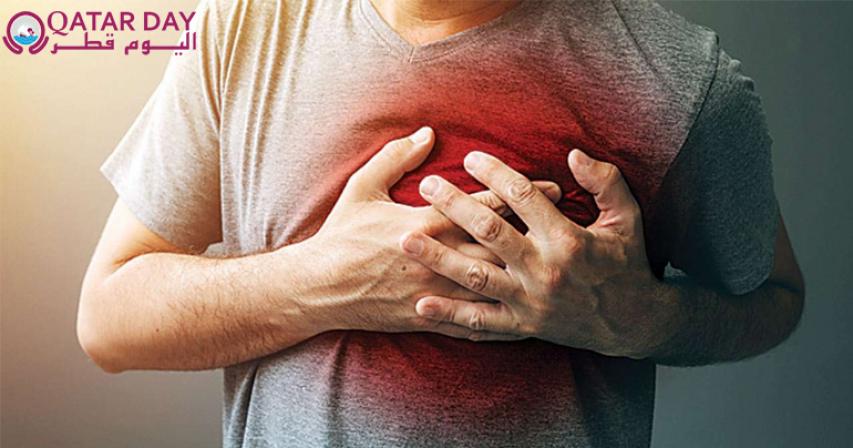Since December 2019, the COVID-19 pandemic has kept most doctors extremely busy. Many doctors have been pulled into COVID duty, some have tried to assess the implication of the novel coronavirus on their specialty and others have been researching and studying the virus in the hope of moving closer to a solution. The pandemic has shaken the healthcare infrastructure of many countries, making them question their capacity to handle the disease burden. Amid all this, the focus has shifted completely from non-communicable diseases (NCDs). One such set of NCDs which need immediate attention is cardiovascular ailments.
Why heart diseases have shot up during the pandemic
The disease burden of cardiovascular ailments has been increasing steadily amid the pandemic because of many reasons: some patients have not been going to the hospitals for their regular checkups, some have not been taking their medicines, some haven’t had their medication doses calibrated in a while and some have been overall neglectful of their health. Therefore, heart ailments have been on the rise, steadily increasing, unnoticed and unattended.
A trend to note when we’re on the subject of cardiovascular ailments is that men are more prone to heart attacks than women. Data indicates that the incidence of sudden cardiac death is higher in men than women by three to four times and almost 75% of sudden deaths occur in men. A recent study in The Lancet (of 1,60,000 people from 21 countries) also revealed that women are less likely to suffer from cardiovascular disease (CVD) than men. There is a stark difference in the way heart-related ailments are handled by the female body in comparison to the male body and this has its roots in the physiological functioning of the two.
Some of the reasons for the same can be:
1. Stress:
Previously, men tended to be the primary breadwinners of the house. They often internalised the stress they felt and this exacerbated underlying heart ailments or conditions. In addition to this, it has been noted that women tend to be a lot calmer and cool-headed than men. They have higher levels of the oxytocin hormone, which enable them to handle the stress they feel in a more effective manner.
2. Diet and Exercise:
A lot of men handle the stress they feel by engaging in unhealthy lifestyle habits such as drinking and smoking. In large parts of India, as well as many other countries, men tend to engage in these habits on a larger scale than women. This leads to higher heart ailments among them. Additionally, men tend to consume more food. They may also be predisposed to enjoying meat, which also affects their heart health. These habits result in obesity, which leads to the build-up of plaque, blocking the arteries and leading to heart attacks.
3. Hormonal influence:
Women have the hormone estrogen, which tends to lower the bad cholesterol (LDL) and increase good cholesterol (HDL). This enables them to have healthier hearts and protects against heart disease, as cholesterol levels play a big role in the development of cardiovascular diseases. Additionally, estrogen helps in keeping blood pressure under control which allows women to protect against heart disease. This is why, once women hit menopause, they are more at risk of cardiovascular ailments since their estrogen levels have dropped. This is also why those women who suffer from hormonal conditions such as PCOS have a higher risk of heart diseases and lower life expectancy than those who experience a normal or late menopause.
4. Lack of diagnosis:
Women are often diagnosed with heart-related ailments late because they are more likely to have an atypical presentation of symptoms, manifesting as discomfort in the shoulders, back and neck.
Ultimately, greater awareness with respect to the presentation of symptoms between men and women should be of primary concern. It is important for factors such as obesity, hypertension, diabetes and high cholesterol levels to be properly managed and consumption of alcohol and tobacco to be avoided to decrease the cardiovascular burden in our country.

Comments